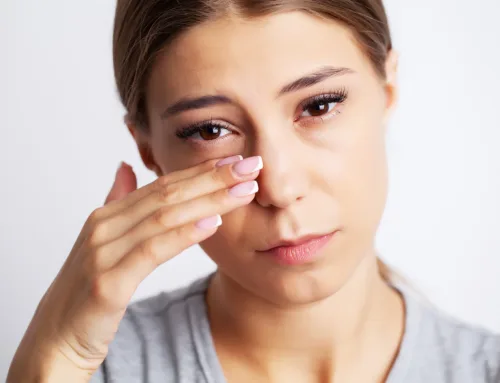Hoarseness
Hoarseness is one of the most common problems patients see an ear, nose, and throat doctor for. Hoarseness may be due to a wide array of causes, and oftentimes there can be several factors that lead to a change in the patients quality of voice. Fortunately, given how common of a problem it is, ear, nose, and throat doctors are very knowledgeable and experienced on hoarseness.
Causes
There are many different causes of hoarseness, including infection, acid reflux, non-cancerous growths, cancerous growths, paralysis, and loss of volume due to age, just to name a few.
Diagnosis
The first step in diagnosis and treatment begins by setting up an appointment for further evaluation. The most important aspect of evaluating hoarseness is to take a thorough history and physical. This will occur at your initial doctor’s visit. Keep in mind that hoarseness can range in severity and length, with different associated symptoms that will clue the doctor in on what could be the cause (or causes).
Flexible laryngoscopy
Part of the physical exam includes what is called a “flexible laryngoscopy”. You will receive numbing medicine and a decongestant, in the form of a nasal spray, that will taste slightly bitter, but will allow the doctor to examine your throat in comfort. Once the numbing medicine is allowed to sit for a few minutes, the doctor will place a small camera through your nose. The camera has the same size and appearance of a wet spaghetti noodle. This camera will allow the doctor to see your vocal cords directly. The doctor will ask you to do various things like ‘sniff’ and ‘say eeee’ in an attempt to evaluate the function of your vocal cords further.
Treatment
The most important aspect of the initial visit is to rule out cancerous growths, especially if you have a long history of alcohol or tobacco abuse. It is much better to be seen as soon as you detect even the slightest problem, as voice cancers are much easier to treat when detected early. Once cancerous growth are ruled out, the doctor will render a diagnosis and treatment plan based on the information obtained from history and physical exam. Keep in mind that some cases of hoarseness can be easy to treat, while others require further evaluation or treatment before there is improvement.
Tips to improve hoarseness include the following:
- If you smoke, quit.
- Avoid beverages that dehydrate the body, such as alcohol and caffeine.
- Avoid secondhand smoke.
- Stay hydrated-drink plenty of water.
- Humidify your home.
- Watch your diet-avoid spicy foods.
- Avoid excessive throat clearing or coughing.
- Try not to use your voice too long or too loudly.
- Use a microphone if possible in situations where you need to talk louder than normal speech.
- Avoid drying medications such as antihistamines, diuretics (water pills).
Seeking care
If there is anything to remember about hoarseness, it is this: do not allow for your hoarseness to last for longer than four weeks without being examined by an ear, nose, and throat doctor.
Call our office at 407-228-2652 for further evaluation.





